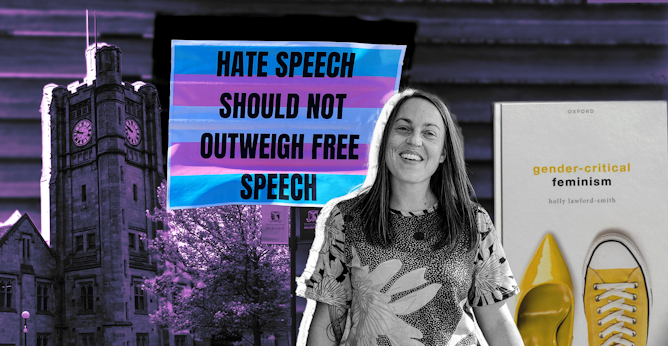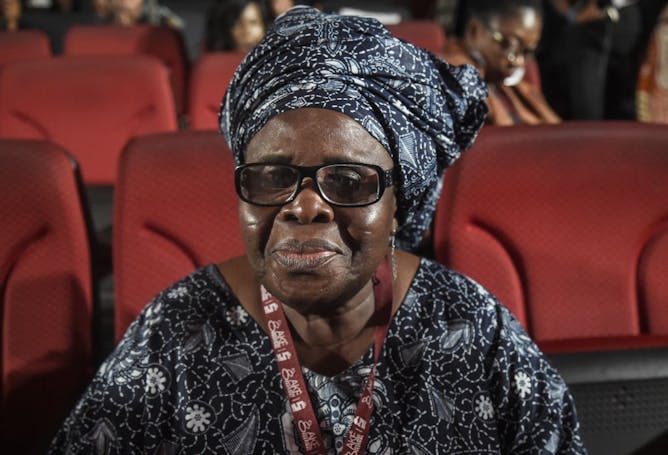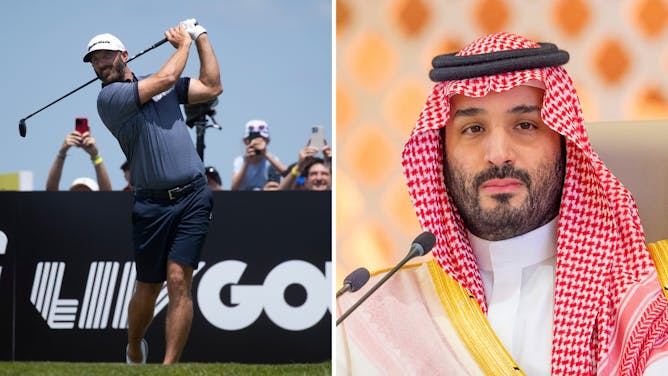|
|
|
|
Recent days have seen the kingdom of Saudi Arabia dominate sport in a way that few would once have thought imaginable. At the start of the year, one of the world’s great soccer players, Cristiano Ronaldo, turned his back on the high profile European leagues to join a Saudi club. This week, it briefly looked like Lionel Messi, the triumphant Argentinian star of Qatar’s winter World Cup, might be about to join him. He now appears bound for the US. Both of these megastars are in the twilight of their careers, but the role Saudi Arabia has played in courting such talent is just one aspect of the wider region’s new found place at the heart of this, and other,
global sports.
For the week also saw a remarkable conclusion to the most bitter of disputes that had riven the world of golf. It sees a merger of rival tours that now puts Saudi Arabia’s Public Investment Fund in the driving seat of the sport’s future. So should this investment be welcomed, or are the concerns of some players justified? David Rowe, of Western Sydney University writes: “Sport investment is clearly part of the country’s economic agenda, but also its political positioning. Such sportswashing is a method used by illiberal regimes to cover up the ugly face of repression.”
Also, read the latest on the war in Ukraine, amid the ongoing flooding that followed the destruction of the Nova Kakhovka dam. And a free speech debate erupted recently on an Australian campus that carried echoes of similar disputes in the UK and US. Hugh Breakey explains the background and adds that silencing certain views risks leading to a situation where universities are not trusted as a reliable sources of
knowledge.
|

|
Stephen Khan
Executive Editor, The Conversation International
|
|
|
|
-
David Hastings Dunn, University of Birmingham; Stefan Wolff, University of Birmingham
The destruction of this massive dam is a huge blow to Ukraine’s plans for a counter-offensive in the south.
|
|
Top story
|

Anonymous posters such as this one have campaigned against philosopher Holly Lawford-Smith, author of the book Gender-Critical Feminism.
Hugh Breakey, Griffith University
Trans activists are running a campaign against University of Melbourne philosopher Holly Lawford-Smith. It raises a host of challenging ethical questions.
|

Ama Ata Aidoo passed away at the age of 81.
Pius Utomi Ekpei/AFP via Getty Images
Rose A. Sackeyfio, Winston-Salem State University
A commanding presence on the global literary stage, Ama Ata Aidoo was a powerful feminist voice with a prolific output.
|
|
|
-
Meredith Oyen, University of Maryland, Baltimore County
What was behind the latest encounter between US and Chinese military vessels in contested waters?
-
Garret Martin, American University School of International Service
The UK leader’s visit to the US comes amid trouble at home, with low ratings for his Conservative Party. But don’t expect much joy for Sunak on trade or Northern Ireland.
-
Alexandra Wormley, Arizona State University; Michael Varnum, Arizona State University
A number of theories try to explain how cultural differences come to be. A new study quantifies how such factors as resource abundance, population density and infectious disease risk can contribute.
-
Panagiotis Ritsos, Bangor University; Peter Butcher, Bangor University
Will Apple’s Vision Pro set the new standard for the future of virtual reality?
-
Yu Chen, Binghamton University, State University of New York
There are many uses for digital systems that are not centrally controlled and that allow large numbers of people to participate securely, even if they don’t all know and trust each other.
|
|
|
|

David Rowe, Western Sydney University
Today’s big sport story is LIV Golf, but Saudi Arabia’s involvement in sport will generate many more money-driven, politics-heavy headlines.
|
|
|
-
Stefan Szymanski, University of Michigan
French soccer star Karim Benzema will join Ronaldo in the Saudi Pro League, and others may follow.
|
|
| |
| |
| |
| |
|
|
|
|
|
|
|